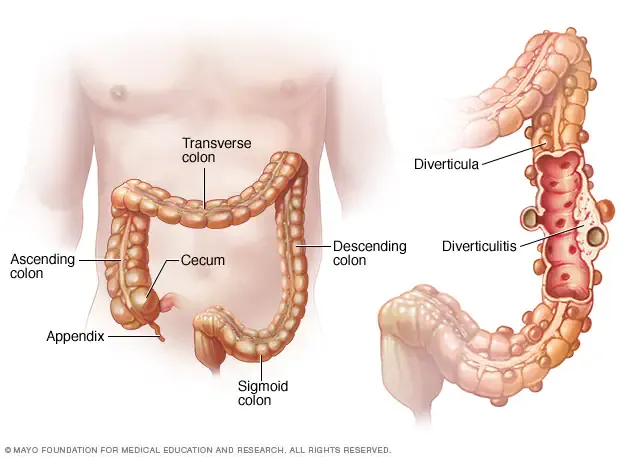Inflammatory Bowel Disease: Unveiling the Basics
Inflammatory Bowel Disease (IBD) is a broad term that describes chronic conditions that cause inflammation in the digestive tract. Two main types of IBD are Crohn's disease and ulcerative colitis. While the exact cause of IBD remains unclear, it is likely due to a combination of genetic, environmental, and immune system factors. Common symptoms of IBD include abdominal pain, diarrhea, fatigue, anemia and weight loss, impacting the daily lives of those affected.
Diagnosing IBD: A Closer Look
To diagnose IBD, primary care doctors or gastroenterologists will use a combination of medical history review, physical exams, blood tests, colonoscopies, and imaging studies to confirm IBD. These tests help physicians determine the type of IBD and the severity of inflammation so that you are given the best treatment.
Who's at Risk?
While IBD can affect anyone, it often starts in adolescence or early adulthood. Individuals with a family history of IBD, certain ethnic backgrounds, or those living in Western countries face a higher risk. Recognizing these risk factors is vital for early intervention and tailored management strategies. If you suspect IBD, blood tests and colonoscopy should be performed as soon as possible so treatment can be initiated.
If you are concerned about inflammatory bowel disease, reach out to your primary care doctor, a gastroenterologist or colorectal surgeon to help you on your way to diagnosis and treatment!
Houston Community Surgical is a specialty practice that provides general and colorectal surgery services to the greater Houston community. Learn more about how our practice can help you.
Contact Info
Address:
427 W. 20th Street, Suite 710, Houston, Texas 77008
Call/Text: 832-979-5670
Fax: 832-346-1911
Quick Links
All Rights Reserved | Houston Community Surgical | Privacy Policy
Website created by True Digital Marketing





